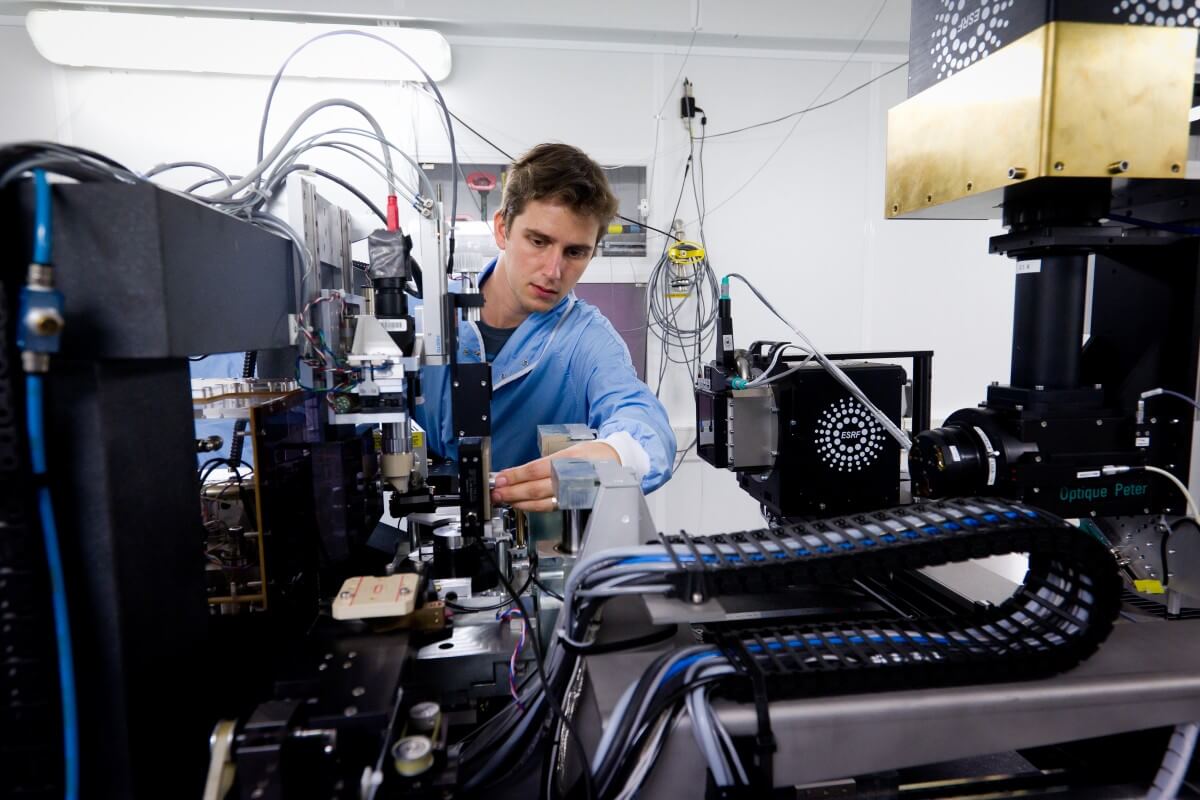At Umeå University’s Faculty of Science and Technology in northern Sweden, graduate outcomes are high and students gain strong employability skills.
Offering a range of academic opportunities in a creative learning environment with plenty of support, students here leave well-prepared for life after graduation.
Umeå’s innovative programmes and course structures allow students to connect with companies via internships to boost their employability factors.
Several courses are interdisciplinary, teaching students how to develop skills needed to become capable, competent employees in their respective fields.
There are also many opportunities such as international student scholarships for graduate students, supporting learners on their path to future employment.
 Master’s degrees are instructed in English and students from all over the world choose this university for its outstanding research environment, international student support and reputable academics, helping them develop to their full potential.
Master’s degrees are instructed in English and students from all over the world choose this university for its outstanding research environment, international student support and reputable academics, helping them develop to their full potential.
Setting students up for a successful life after graduation
Graduate students in this faculty have plenty of opportunities for industry links and learning through the application of practical knowledge.
For example, the Master’s of Computational Science and Engineering allows students to cultivate a relationship with co-operating companies, encouraging them to apply for an internship and/or summer job.
Students are also given the chance to specialise in the second and third semesters. They can either choose to focus on parallel programming, financial mathematics or advanced computer graphics.
By narrowing their focus, students learn more specific aspects of their area of interest which makes them attractive hires thanks to their niche interests.
Furthermore, the programme combines several disciplines, including computer science, numerical analysis, applied mathematics, physics, biology and economy.
This allows students to work across departments, better preparing them for working environments that require employees to cross-collaborate and think innovatively.
Similarly, the Master’s in Computing Science prepares students for life after graduation by enabling them to either work in a specialised position in the field, or providing them with the foundation to further their academic careers with a PhD.
It gives them a broad range of employability options, as they can either work in a university or research setting, or otherwise for technology and IT-related companies.
Opportunities for experiential learning
The university’s programmes offer plenty of chances for students to get real-world learning which prepares them adequately for life after graduation and working environments.
For those enrolled in the Master’s Programme in Robotics and Control, the innovative course structure allows for a blend of academic knowledge via lectures, group exercises, seminars, laboratory work, assignments and projects, as well as a big portion of laboratory work to prepare students for life after graduation in this field.

Thomas Hellstrom
This course prepares students to thrive in the field of robotics, as there is an increasing need for engineers today who can design, build and maintain automated systems.
Students gain hands-on experience using state-of-the-art software and hardware like they would in a working environment.
Depending on their area of interest, students can specialise in artificial intelligence, related robotics or control related robotics.
They can also personalise their programmes by choosing additional electives thatcan teach them additional skills and make them stand out from the crowd when it’s time to apply for jobs.
For the Master’s in Interaction Design, applied design projects are a major aspect of students’ learning.
Projects include lectures and field trips, site visits, studio work and group method work so learners have the chance to apply practical knowledge in a hands-on academic environment.
Projects encourage students to collaborate with external partners, and they learn from both experienced faculty and visiting professional designers.
The final project, called the examination project, is carried out in cooperation with either a corporate sponsor or an external company, which brings even more value to students and increases their employability skills.
Like the other programmes, students here are encouraged to apply for internships with Swedish organisations, or one in an international setting.
Cutting-edge research

Virginia Dignum
Graduate students also get the chance to get involved in research in exciting fields that have a global impact, such as Artificial Intelligence (AI).
Research here focuses on solving pressing and complex issues affecting society today, such as the one performed by Professor Virginia Dignum on AI. Her research focuses on the complex interconnections and interdependencies between people, organisations and technology.
Follow Umeå University on Facebook, Twitter, YouTube and Instagram
Liked this? Then you’ll love…
Umeå University: Advancing Science through 5 strong research environments
68° North – Live and study at a Scientific Research Centre in the wild Arctic mountains










